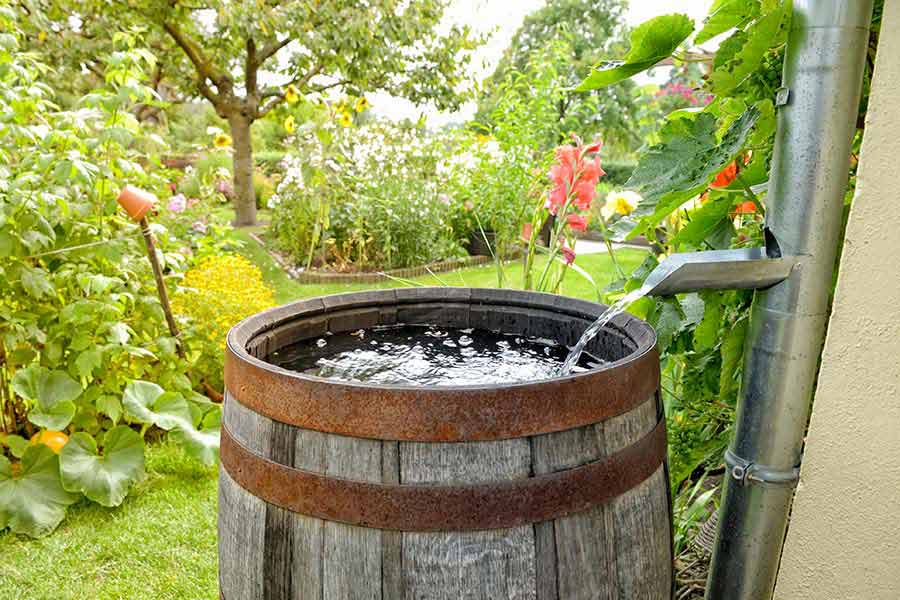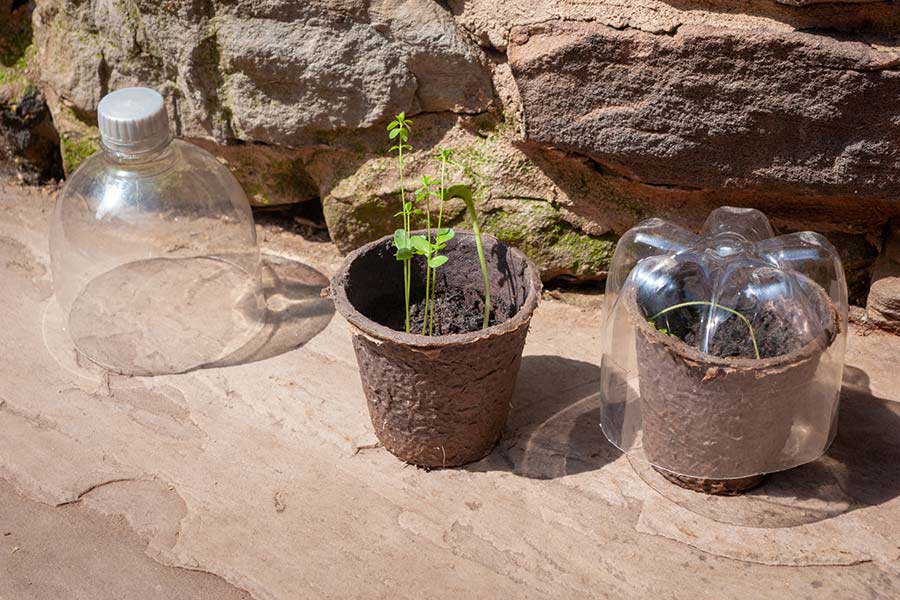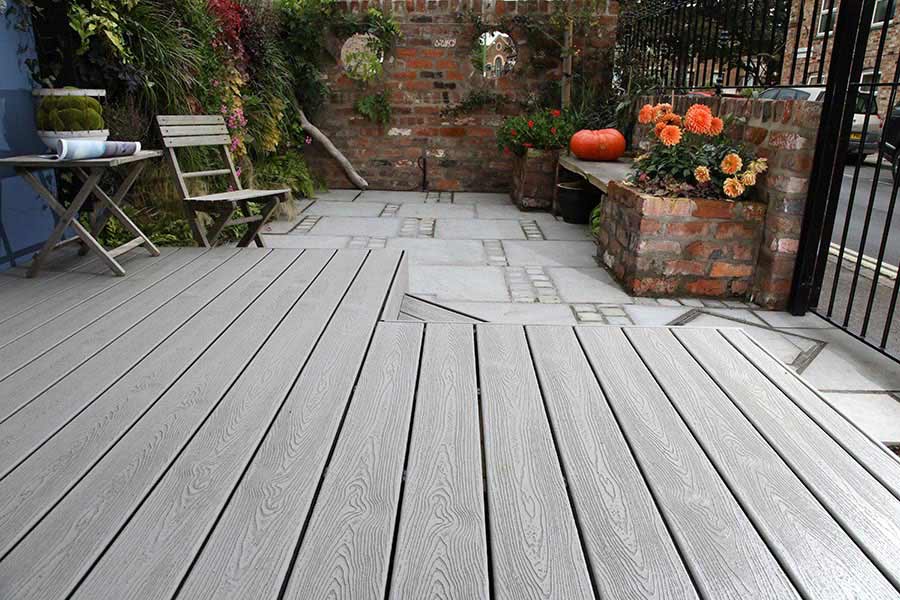Sustainability in the garden

Our gardens may feel like our own connections to nature, but are they as green as we think they are? With issues related to global warming dominating the news recently, we explain how you can make your garden as environmentally friendly as possible.
Minimising water wastage
Hosepipes use an average of 600-1000 litres of water per hour and during peak times, gardening accounts for 70 per cent of the UK’s total water usage.
One of the easiest ways to reduce how much water you use in maintaining your garden is swapping your hosepipe for a watering can – as long as plants are watered deeply, once a week is enough to maintain them. Fresh water doesn’t need to be used either: greywater (old washing water) isn’t harmful to plants and can be used in their maintenance as long as no bleach or disinfectant has been added.
Because we’re subjected to our fair share of rain throughout the year in the UK, setting up a water retention system is a great way to keep plants watered in an environmentally way – it’s estimated that UK households can capture up to 24,000 litres of rainwater each year!
Reducing synthetic fertiliser usage
Synthetic fertilisers are energy-intensive to create and the nitrogen pollution they cause has created a number of environmental problems, so should be avoided where possible.
Organic fertilisers such as manure and compost only need to be used once or twice a year and if you’re able to create your own compost, you’ll also be reducing your carbon footprint.
Recycling plastic
Plastic usage contributes to a number of environmental problems and we’re increasingly being encouraged to reduce our consumption of single-use plastics. To help cut down on plastic waste, there are ways of using plastic in the garden, such as using bottles to cover seedlings, as homemade propagators or as watering devices.

Efficiently heating greenhouses
Greenhouses have a lack of double glazing and other insulation properties, making them inefficient to keep heated. And in the UK, where we’re exposed to longer periods of cold, greenhouses can cost even more to heat – which has a greater environmental impact.
There are three key steps you can take to ensure your greenhouse is as efficiently heated as possible:
- Add a layer of bubble wrap inside the frame of your greenhouse, which will reduce heat loss
- Install a thermostat so you’re only heating the structure when necessary
- Only heat the areas of the greenhouse you need to, to prevent energy waste
Decking
A popular way of adding living space to gardens is through the installation of decking, but this can also be costly for the environment depending on the type of material you choose and where you purchase it from.
Most timber in the UK is imported, but you can reduce your carbon footprint by buying through a local supplier so that the transport emissions of your materials are lowered. You can also sustainably source timber through companies that have a Responsible Purchasing Policy and also that the timber has a Chain of Custody to ensure that it’s come from a sustainable forest, as is the case for all Arbordeck products.

Alternatively, you could choose composite decking such as Trex which is made from 95 per cent recycled materials such as plastic bags and old furniture. This provides a long-lasting, low maintenance decking option which is resistant to cracking and splitting, and the less often you need to replace your deck, the more environmentally friendly it is.
To keep up to date with all the latest Arbordeck news, follow us on Twitter and Facebook.







